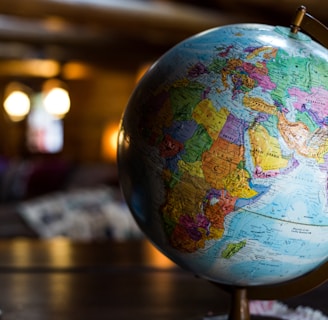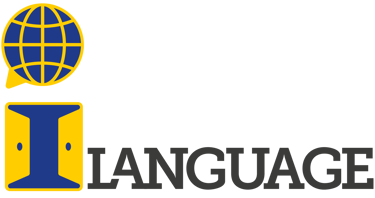European Day of Languages
The Importance of Multilingualism for a Common European Identity 26 September marks the European Day of Languages, an occasion that celebrates the cultural diversity and linguistic riches of our continent. At a time when the world is becoming increasingly interconnected and cultural boundaries are becoming blurred, multilingualism takes on a paramount importance. This day not only reminds us of the beauty and diversity of European languages, but also highlights the role that languages play in shaping a common European identity.
ACTIVITIESEVENTSCELEBRATIONSDIVERSITYMULTILINGUALISM
iLanguage Team
8/30/20232 min read


Languages as a Link between Cultures
Europe is characterised by a remarkable diversity of languages that extends across borders. Each language carries a piece of the rich history and culture of its country of origin. The European Day of Languages invites us to celebrate this diversity and raise awareness of the importance of languages as a means of communication and cultural carriers.
The Role of Multilingualism in the Formation of a European Identity
The European Union has recognised that languages play a key role in forming a common European identity. It emphasises that every EU citizen should ideally learn two languages in addition to their mother tongue. This concept of multilingualism is not only a practical skill but also a means of promoting understanding and cooperation across national borders.
iLanguage and the promotion of European identity
In this globalized world, the ability to speak multiple languages is becoming increasingly valuable. This is where iLanguage comes in - the idea that individuals are able to effortlessly switch between different languages, breaking down barriers. iLanguage can serve as a bridge between cultures and help promote understanding and exchange between people.
Collaboration and Exchange through Languages
The European Day of Languages encourages not only the learning of languages, but also the understanding of the cultural and social significance of each language. The ability to communicate in different languages creates an atmosphere of openness and mutual respect. This not only facilitates international trade, but also promotes cultural exchange and interpersonal relations.
The European Day of Languages reminds us that we live in a world where languages serve as a link between people and cultures. Multilingualism contributes to the formation of a common European identity based on understanding, tolerance and cooperation. The iLanguage concepts support this process by emphasising the ability to communicate across language barriers and thus build bridges between cultures.
Let us use this day to celebrate the beauty of languages and to be aware of the importance they have for our common European heritage. By learning, cultivating and respecting languages, we can help build an open and diverse European society based on shared values and a strong sense of connection.
We'll read each other soon! 😉


